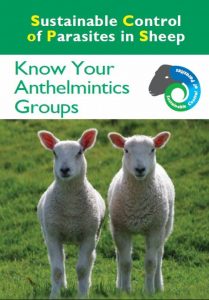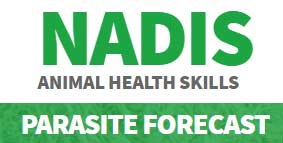Gastrointestinal parasites are the most costly disease burden affecting sheep. In 2005 it cost the British Sheep Industry an estimated £84 million1.
Sheep parasite control
Why should I care?
However, many are receiving ineffective treatment. Farmers are often worming too frequently, with incorrect doses and/or with anthelmintics that the worm burden is resistant to (worms will not be destroyed if they are resistance to the product).
The majority of farms have a worm burden that is resistance to one or more anthelmintic groups and it is not uncommon for a farms worm burden to exhibit triple resistance (groups 1-3). Note that a worm population is considered resistant if 5% or more of the worms survive a correctly administered treatment.
Inefficient worming practices increases the rate at which a worm burden becomes resistance to a particular anthelminic group. However, very few new products are entering the market.
Only worming when needed with effective products will save you both time and money.
Not only will you save money on the anthelmintics and labour, lambs receiving effective treatment measured a 10.2% greater mean daily liveweight gain resulting in finishing 13 days earlier than those receiving ineffective treatment 2.
What can I do?
There are simple changes you can make to increase the effective of your worming efforts, and save you time and money.
Follow the SCOPs principles
SCOPs stands for Sustainable Control of Parasites.
The four underpinning principles are as follows:
1. Always make sure any treatment you give is fully effective.
2. Try to reduce your reliance on anthelmintics using management options and monitoring where possible.
3. Avoid bringing in resistant worms and/or other parasites by following a robust quarantine routine.
4. Minimise the selection for worms that are resistant to anthelmintics when you treat sheep.
External resources
Choosing the right product and getting the most from it are key factors not only in the fight against anthelmintic resistance but also in ensuring optimum sheep performance at least cost.
The heavy use and misuse of these relatively cheap products has led to the development of resistance. The industry needs to act now so worms can be effectively controlled in the years to come.





